
When they came face to face with an angry broker whose business was threatened by their new website, Maker’s Row, Matthew Burnett and Tanya Menendez knew they were on to something.
“He came to our office and threatened to shut down the site because that was his livelihood,” Burnett said in the Brooklyn, New York, office of Maker’s Row, the site they believe is making it easier and cheaper for entrepreneurs get their products made in the U.S.
“It was a telling sign of the disruption that was going on in the industry,” Menendez said. She recalled the incident had left her looking both ways when leaving the office. “This is like a big guy, who comes in … huge presence. We felt really uncomfortable, but it was also really enlightening for us.”
Despite the decline in U.S. manufacturing, a “Made in the USA” label is still desirable in global markets.
It brings a certain assurance that products are made according to high production standards, using safe materials. Over the years, that label has also become synonymous with high labor costs. But the cost of foreign labor is on the rise, and it’s beginning to level the playing field for U.S. manufacturers.
Finding a domestic manufacturer, however, can be time consuming. Most brands don’t like to share manufacturing information because they don’t want to help their competition. “It was almost taboo to ask,” Burnett said.
Plus, many older manufacturers don’t have their own websites, which only compounds the domestic sourcing challenge.
One way to find a manufacturer is to get help from a broker, if you can find one. They aren’t always easy to track down. If you can afford the broker costs, you buy a list of manufacturers that might be able to make your product. It’s a system Burnett found troublesome.
“Some of these consultants were basically hoarding the information and charging $5,000. It’s impossible. Five to $10,000 for any small business?” Burnett said. “I would never pay that. I couldn’t pay it. I’m paying $10,000 for maybe my first run of products.”
Before starting Maker’s Row, Burnett founded two small businesses. He studied design in school and was lucky enough to design watches for Marc Jacobs and DKNY. It was a dream since his childhood in Detroit, where he saw his grandfather make watches.
In 2007, he began to market his own brand, Steel Cake. Using connections he’d developed through big designers, he had product made in China, which presented hurdles. Larger orders get priority, and it can take months for shipments to arrive in the U.S. So Burnett had to build inventory without knowing whether it would sell.
He also couldn’t afford to have staff on site to monitor the process for quality control. One costly mistake was enough to put him out of business, “There’s this manufacturing error that occurred in about $35,000 worth of lost merchandise. I couldn’t take it,” Burnett recalled. “It ended up being just too much of a gamble being so far away from my manufacturing facilities.”
So he got out of watches and began crafting leather goods, sourcing materials and manufacturing locally in New York City. His new brand, Brooklyn Bakery, began to take off, but the search for manufacturing help took months, diverting his attention from designing, marketing and selling goods.
Enter Menendez. She’s a marketer with experience at Google and Goldman Sachs. She not only helped Burnett find manufacturers, but also helped build a direct-to-consumer business, bringing Brooklyn Bakery to shopping sites and eventually building a consumer site of its own.
Together, Burnett and Menendez saw the power that local production brought to small business owners.
“We’d get the shipment back within a few days, and it was amazing. It was a very low-risk, very profitable type of business,” Menendez said.
Burnett said that managing the size of orders was the key to their success. “When I was producing domestically, I wasn’t producing a thousand of each product. I was producing a dozen of each product. That means that I’m able to test the market. See what works and press the pedal to the metal, when I see that something is moving.”
As they met with manufacturers and other entrepreneurs, especially the start-ups selling their wares on websites like Etsy and Shopify, Menendez and Burnett began to realize that the search for manufacturing help was a constant issue. So they decided to do something about it.
Maker’s Row went live in November of 2012. Within months, they learned it wasn’t just small businesses that needed help finding U.S. manufacturers. The problem was much bigger than that.
“Big brands are having this problem, too. We see that Wal-Mart is signing up. We see that Burberry is signing up. These are the kings of industry that we’re looking at here,” Burnett said. Big brands using Maker’s Row was a big surprise “because if anyone was to have this information, we thought that it would be the big brands.”
Supporting local manufacturers
The timing is certainly good for Maker’s Row.
There’s a lot of confidence among U.S. manufacturers these days. A recent survey by the Boston Consulting Group revealed that 16 percent of the 252 U.S. manufacturers who responded are reshoring jobs from China, a 20 percent jump from a year ago, and more than double the number from February 2012.
Back then, Burnett and Menendez were just beginning to wonder how they could find enough manufacturers to make Maker’s Row a success. It was a tough sell at first, but they began to list manufacturers on the site for free, which turned out to be a smart move because some of them saw almost immediate results.
“People started to see leads before Maker’s Row asked them to sign up for their service,” according to Mitch Cahn, who runs Unionwear, a maker of baseball caps and bags in Newark, New Jersey. With leads in hand, it became much easier for Burnett and Menendez to sign up other manufacturers.
“We get several inquiries a day from Maker’s Row,” said Cahn, who bought a former baseball cap factory in nearby Jersey City in 1992, when, he said, there were about 400 baseball cap manufacturers in the United States. These days, he said, there are only about four but he believes the playing field for domestic manufacturers has leveled because the cost of labor overseas is climbing dramatically, making “Made in USA” more of a reality, than a lofty ambition. “There had been interest before but it was really a lot of talk,” he said. “Now that the price differential is so much smaller, people are saying, ‘Hmmm, I may spend another 20 percent to get a product ‘Made in the USA.’ Five years ago, it might have been another 100 percent.”
Local governments have gotten on board to help Maker’s Row, hoping to help their local manufacturers at the same time. They’ve had a large number of sign-ups in Los Angeles and Chicago, too. In about two years they’ve signed up approximately 5,000 manufacturers. A good thing, because there are also about 50,000 brands using the site to look for help. Subscriptions to Maker’s Row begin at $25 a month.
Shifting manufacturing
It’s a similar story at Genil Accessories in Brooklyn, where Gina Bihm and her staff make bow ties and neckties for the likes of Vineyard Vines and Marc Jacobs. Despite her big-name clients, Bihm says she also tries to help the little guy create a sample, if they can find her. “I don’t turn away no one. No one,” she said.
Bihm said the recession that began in 2007 nearly put her out of business. At the time she was shipping out about 20,000 pieces per year. In 2008 and 2009 work was hard to come by. Her entire staff, once numbering about 20 full-timers, was cut to zero. She needed a loan to pay the rent on her work space. She still has only 11 full-time employees, but she says business is better than ever. With bow ties back in vogue, they’re making about 4,000 units per week now, and that was before she found Maker’s Row. They’re practically around the corner from each other, but Bihm only signed onto Maker’s Row during the summer. “The phone calls doubled. I picked up about seven new customers and they all came from Maker’s Row,” Bihm said.
The 2-year-old website also works for entrepreneurs, including Andrew Kessler, Ari Klaristenfeld and Alexa Nigro, who began making their scarf product, called the “Scough,” with built-in carbon breathing filters, by hand in Brooklyn last winter. Within months they were having trouble keeping up with demand. They looked two months for a manufacturer before trying Maker’s Row. Two weeks later, they’d found MCM Enterprises, nearby in Brooklyn.
“We found that it was cheaper for us to manufacture here in the U.S. than it would be for us to produce in China or India,” Klaristenfeld said.
“We’re starting to send thousands and thousands of Scoughs to China which is this really interesting anomaly, where we’re making something in Brooklyn and, uh, it’s going to China because there’s brand, quality assurance that a lot of Chinese manufacturers can’t get,” Kessler said.
Those are the same reasons that Burnett believes Maker’s Row has seen some foreign businesses come online looking for U.S. manufacturing. “We’re looking to change the rule of thumb,” Burnett said. “We’re changing that mindset by showing people where they can produce and manufacture locally because this is a global shift right now.”
—By Andy Rothman.

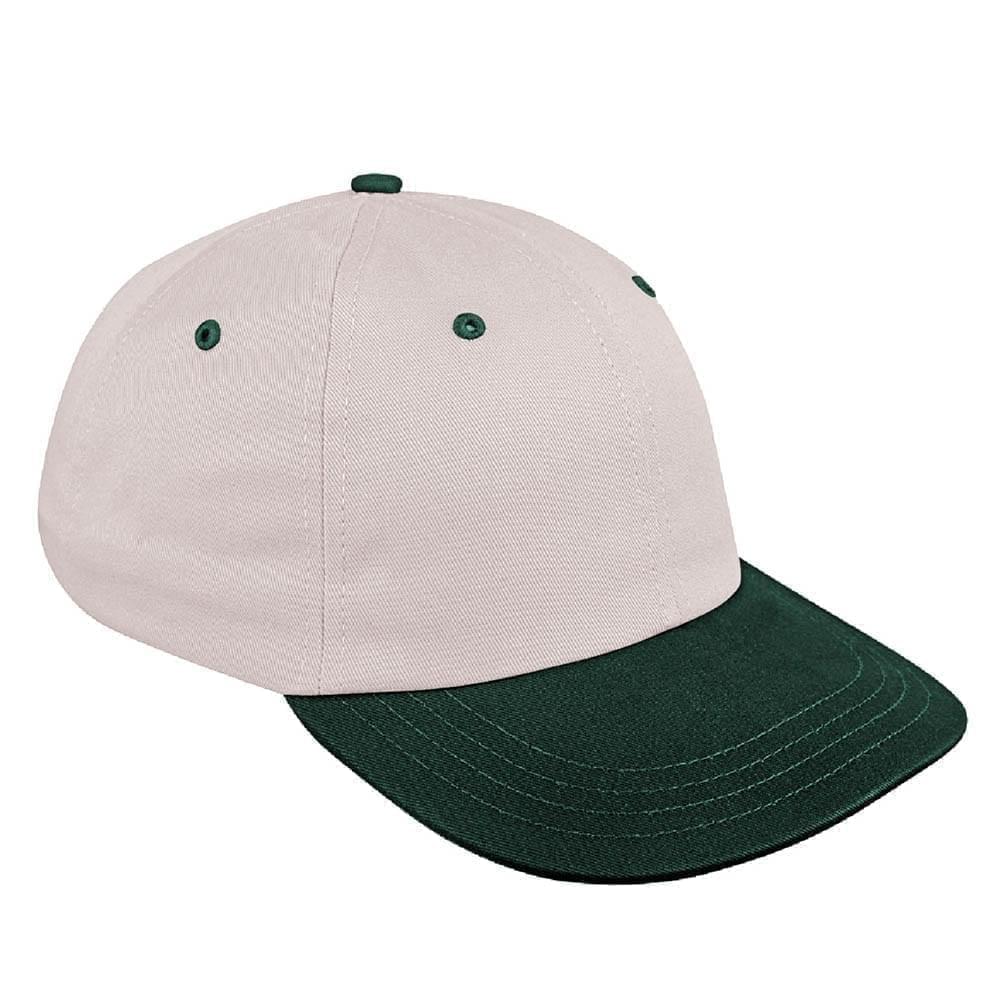 Dad Caps
Dad Caps
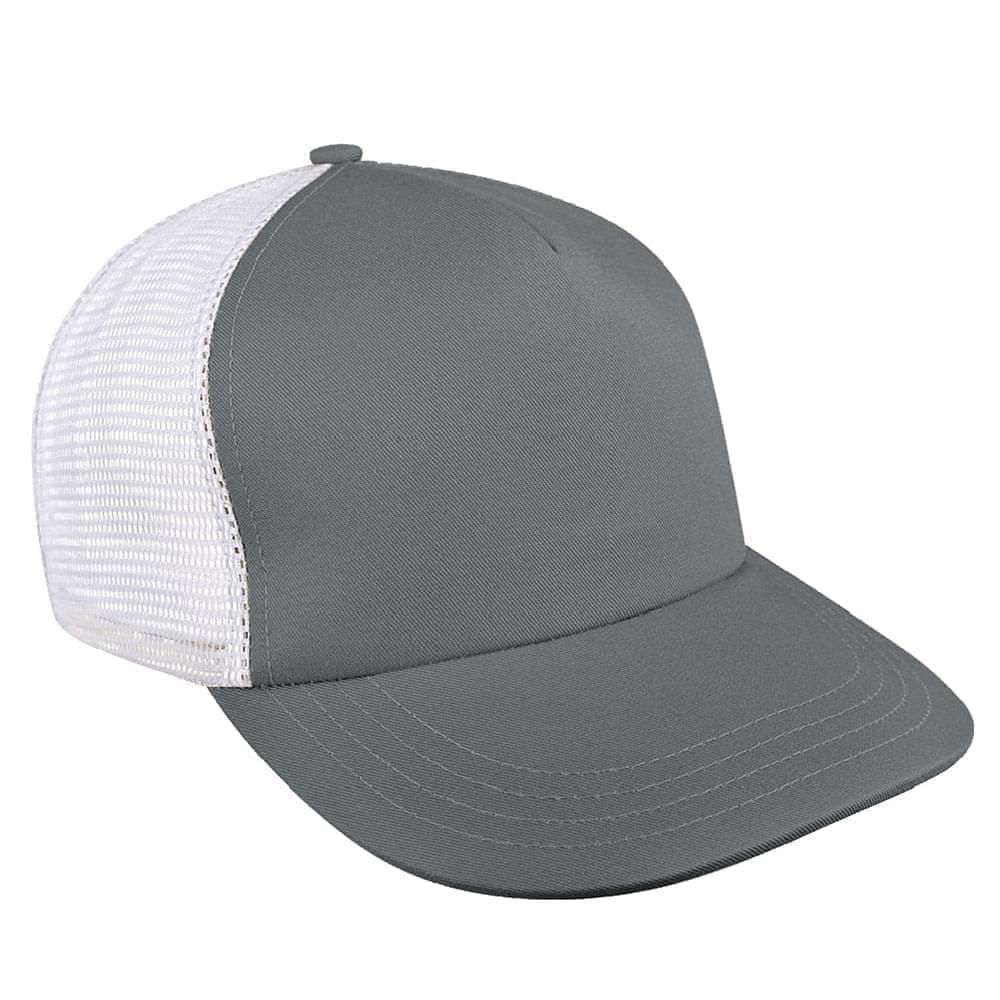 Five Panel Hats
Five Panel Hats
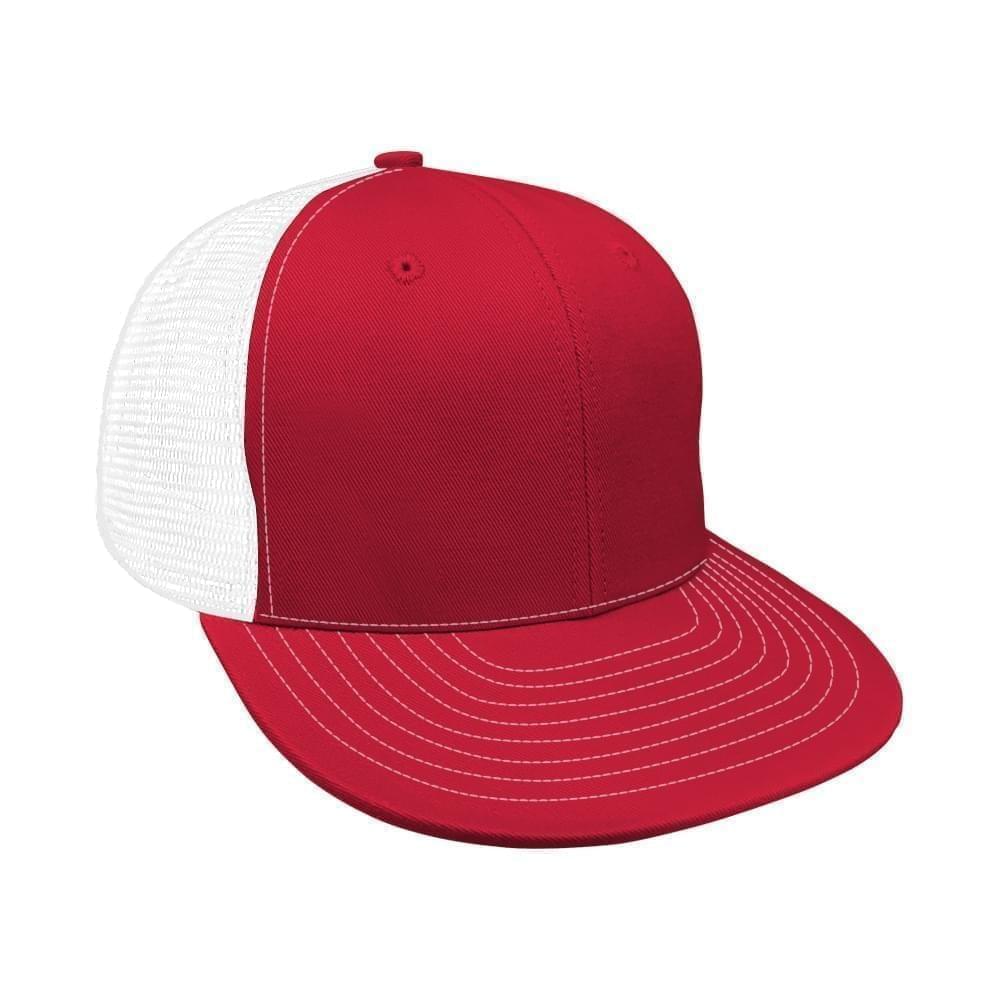 Mesh Back Hats
Mesh Back Hats
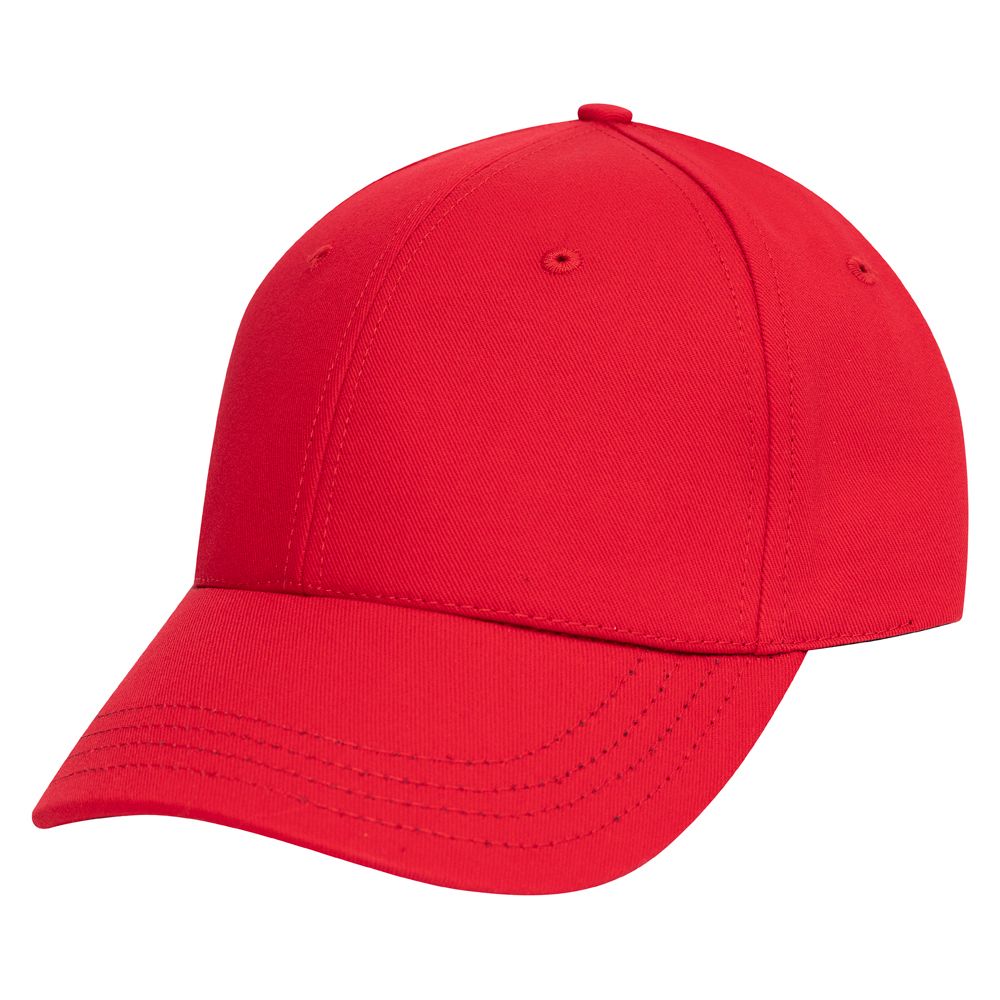 In Stock Blanks
In Stock Blanks
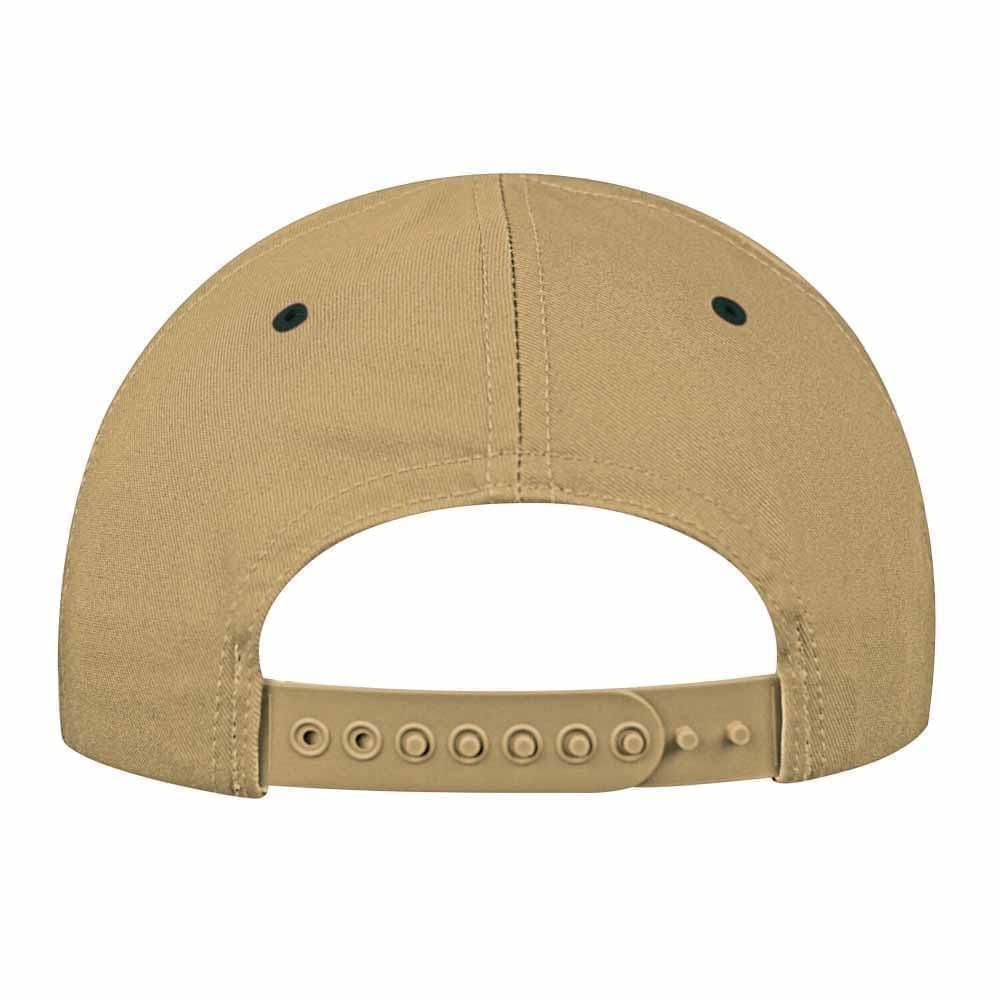 Snapback Hats
Snapback Hats
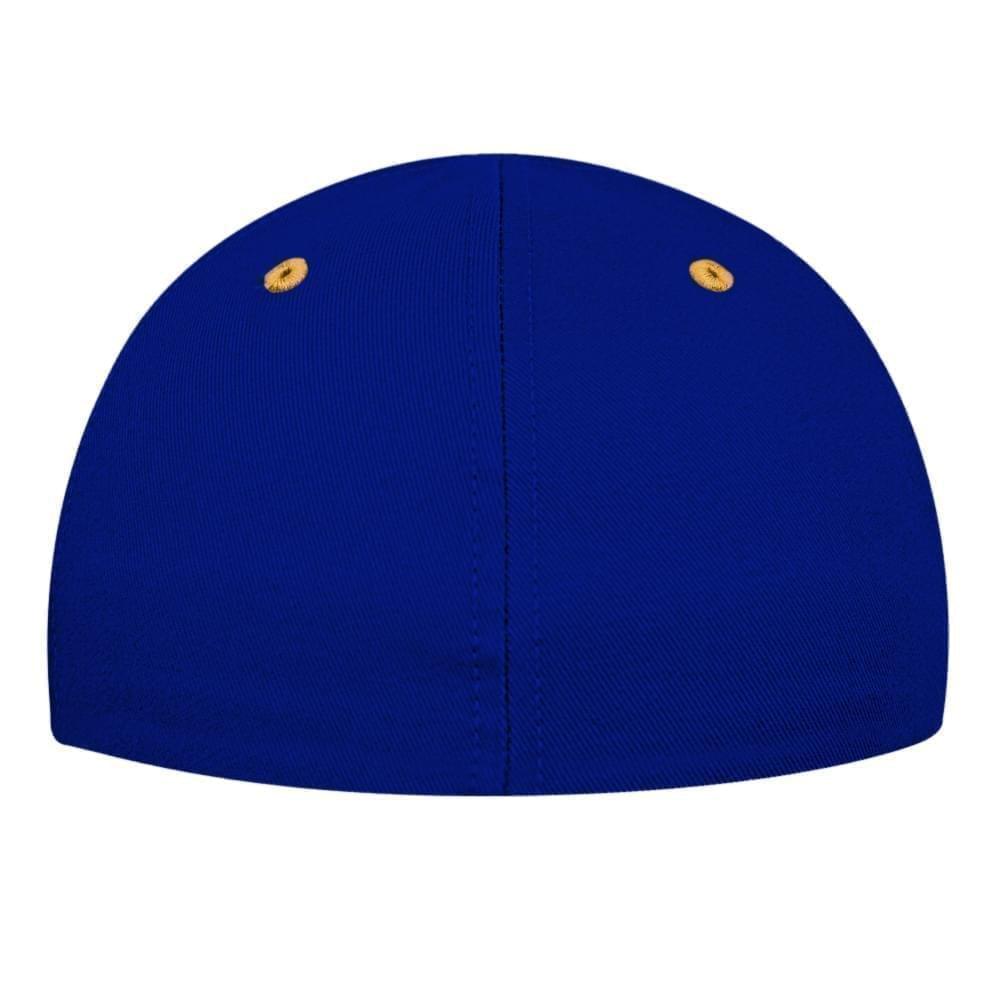 Stretchfit Hats
Stretchfit Hats
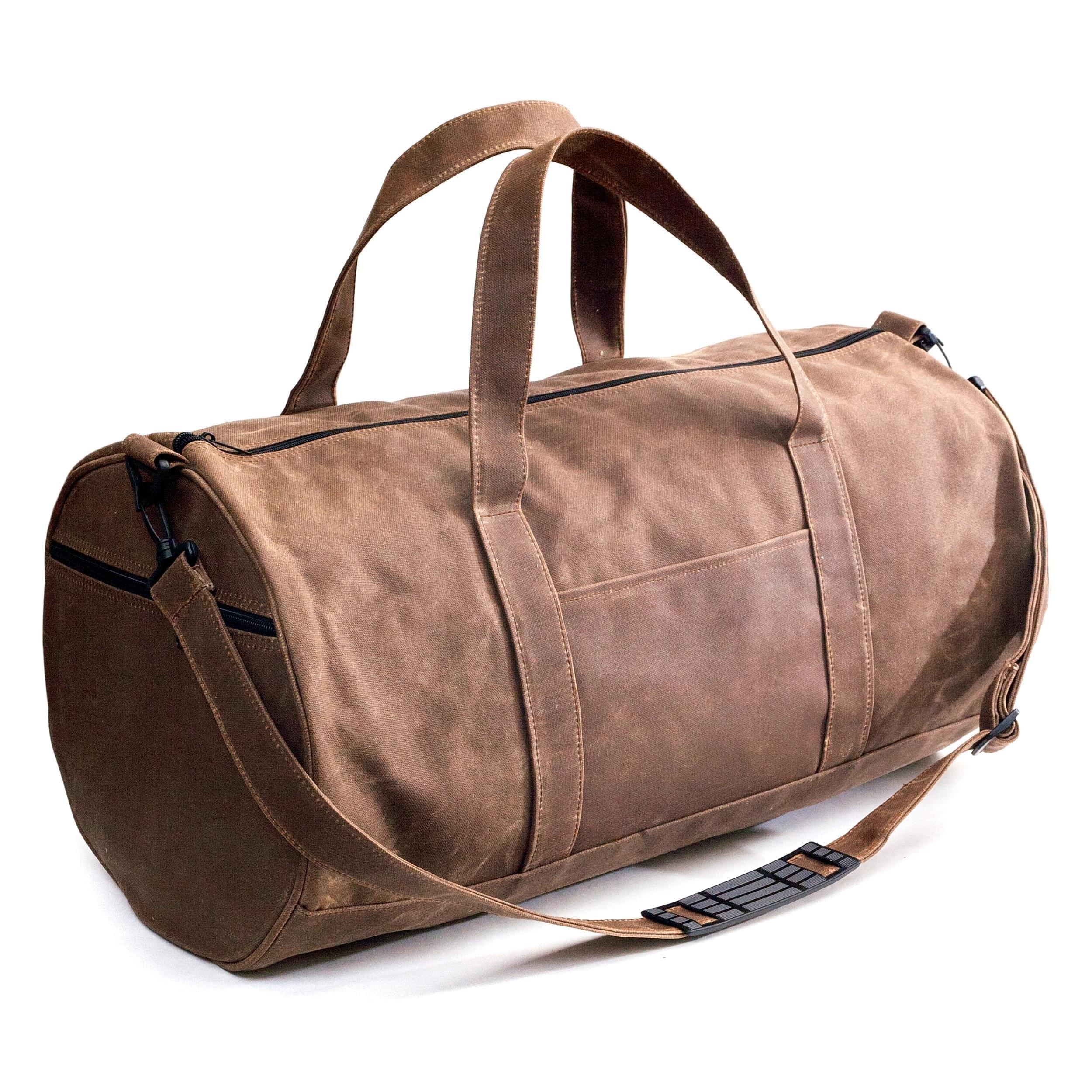 Duffel Bags
Duffel Bags
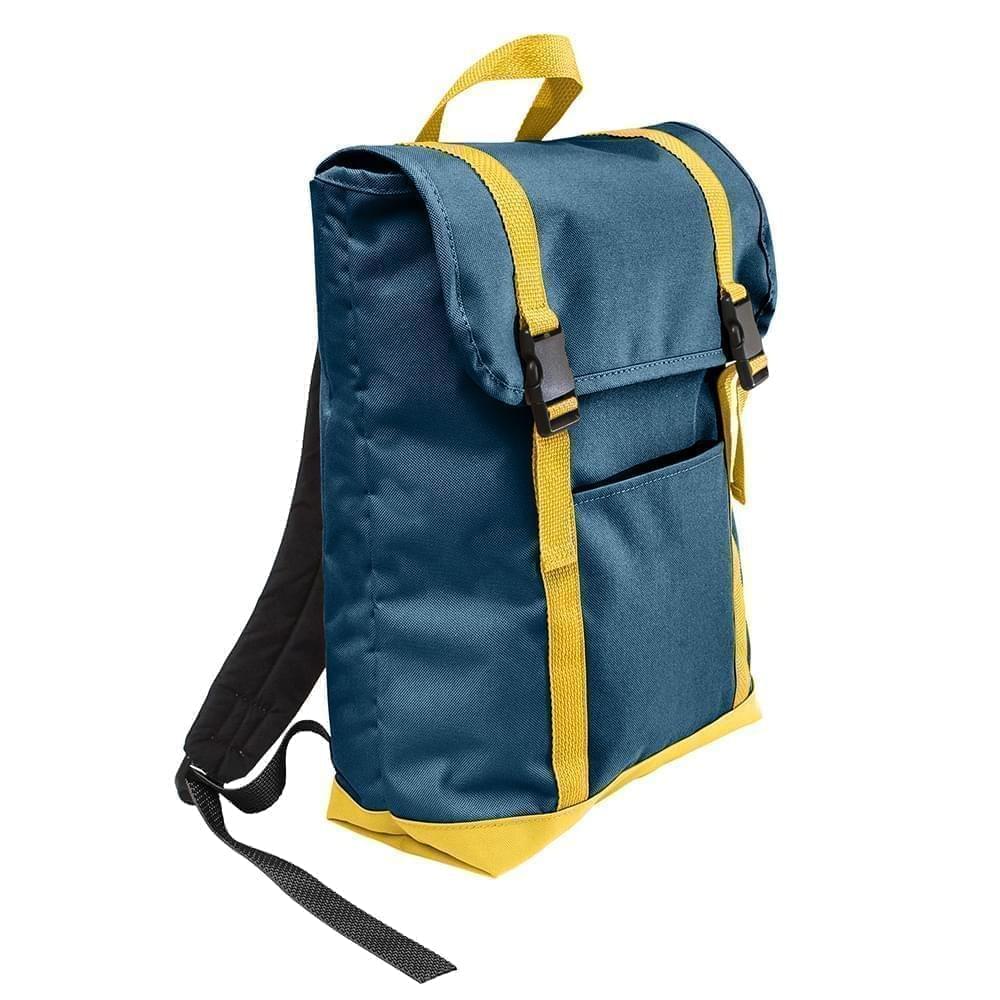 Backpacks
Backpacks
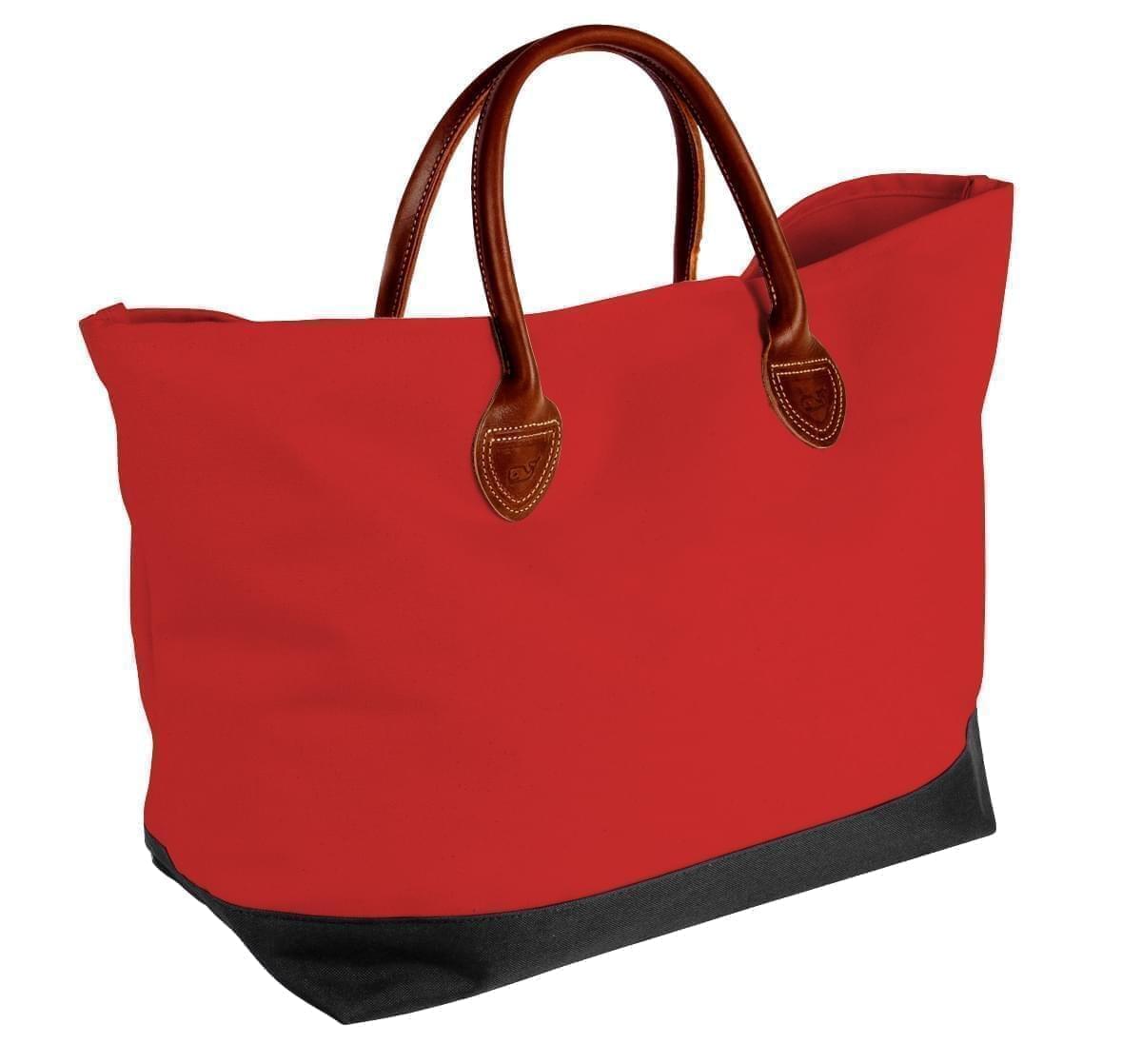 Tote Bags
Tote Bags
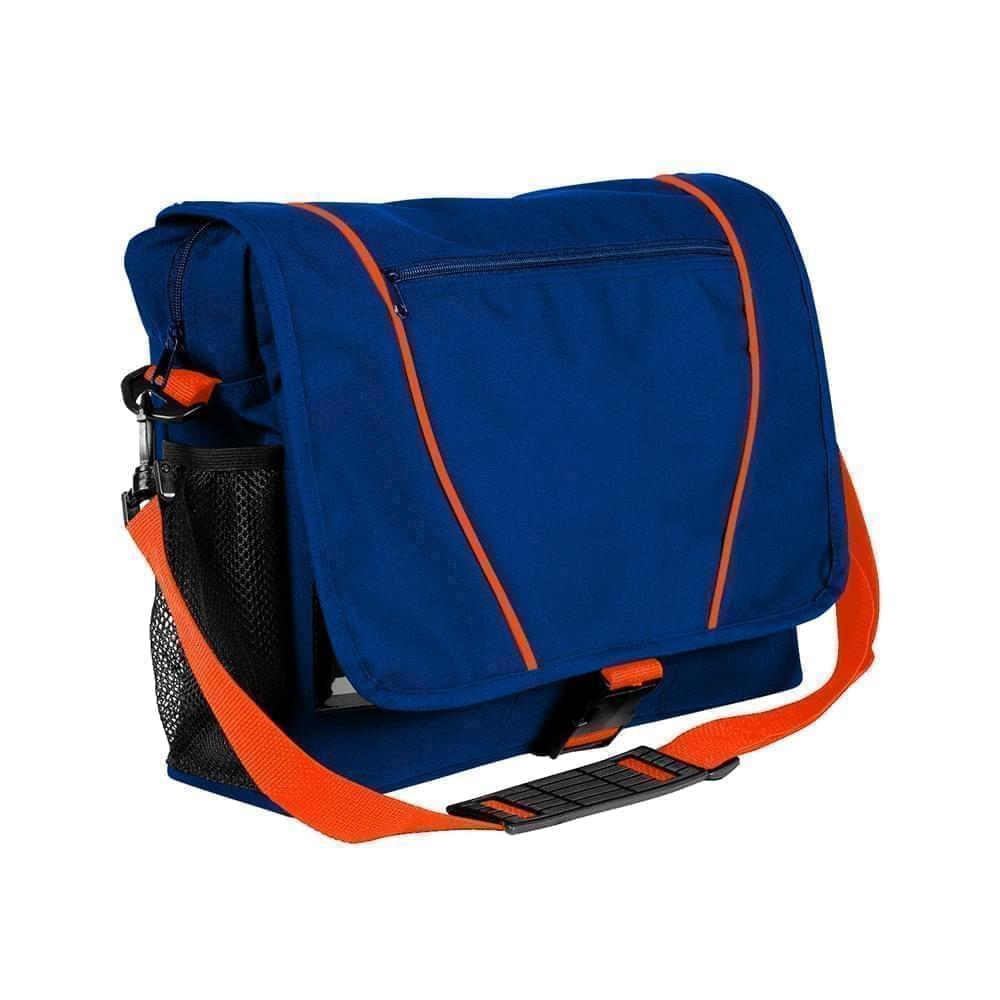 Computer Bags
Computer Bags
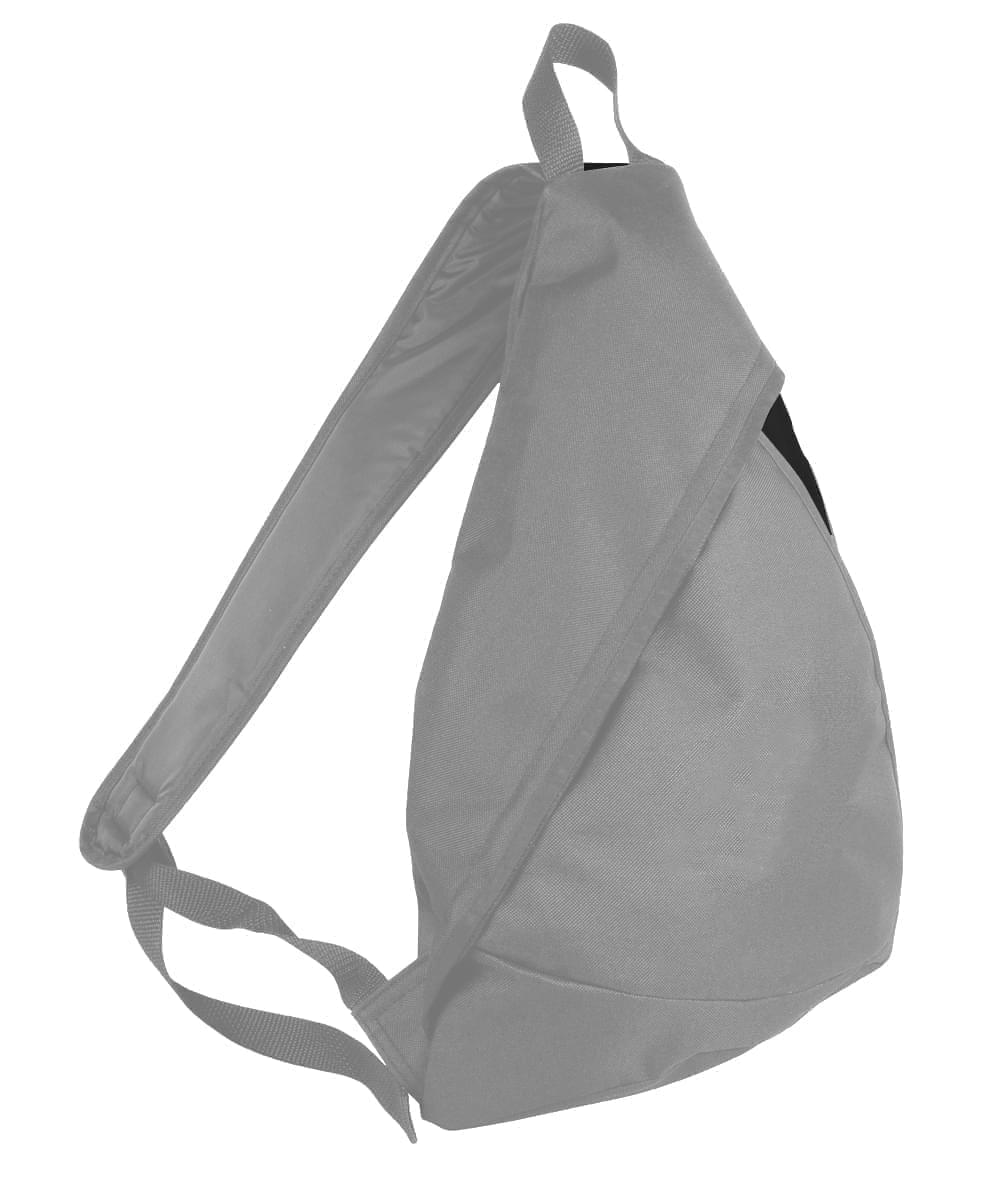 Sling Messenger Bags
Sling Messenger Bags
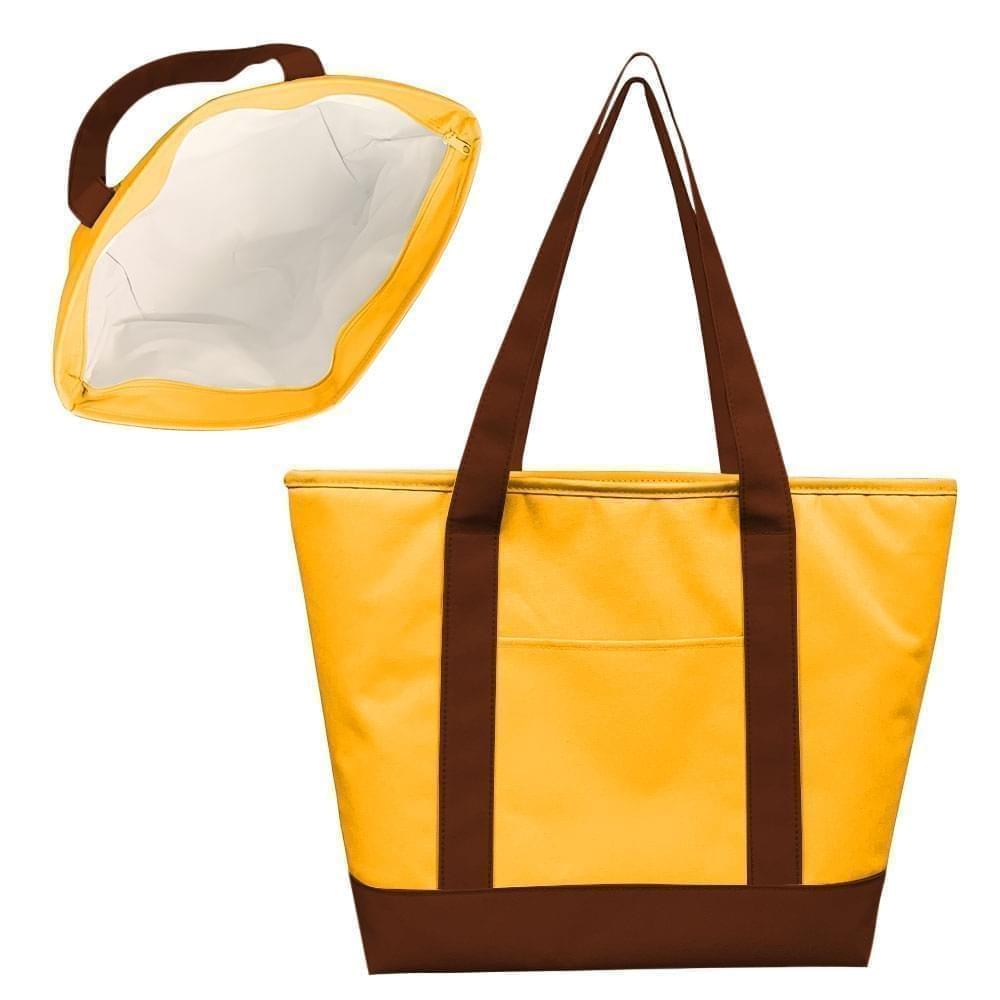 Cooler Bags
Cooler Bags
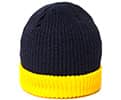 Cuff Hats
Cuff Hats
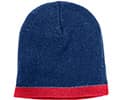 Beanies
Beanies
 Scarves
Scarves
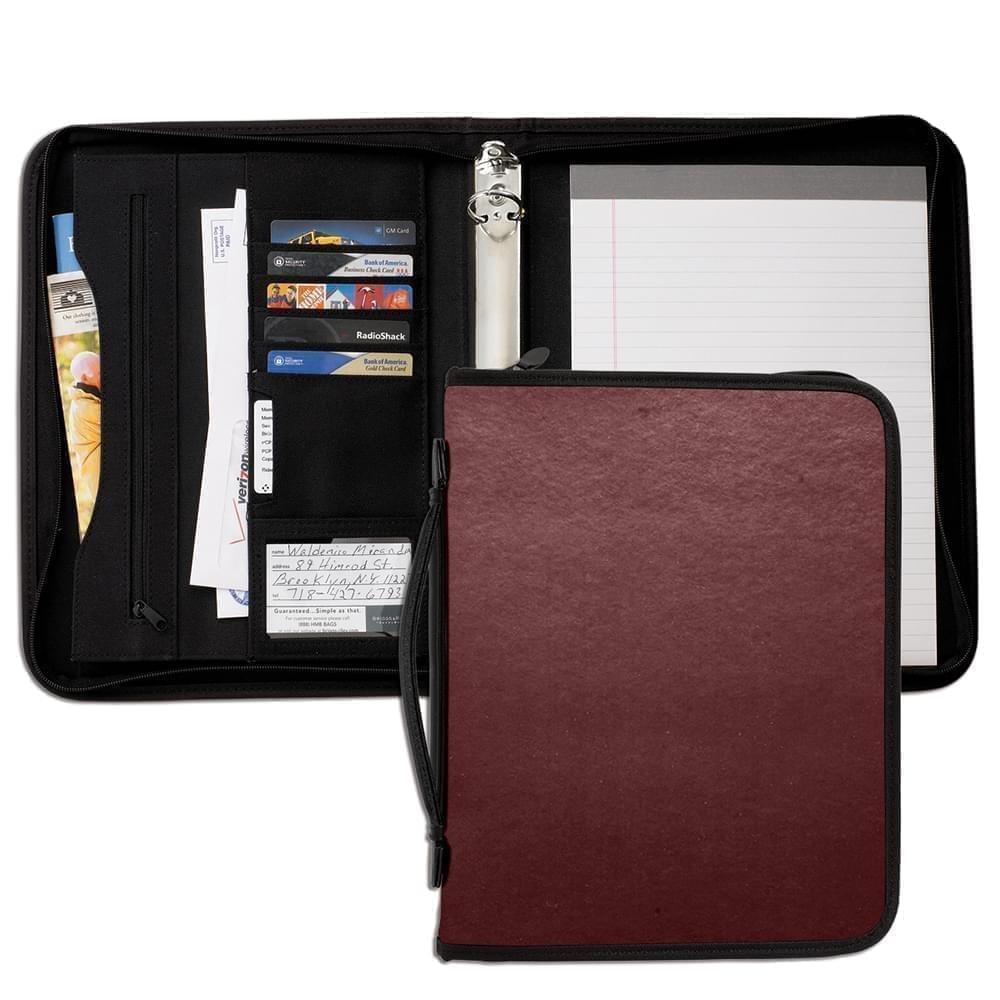 Zipper Folders
Zipper Folders
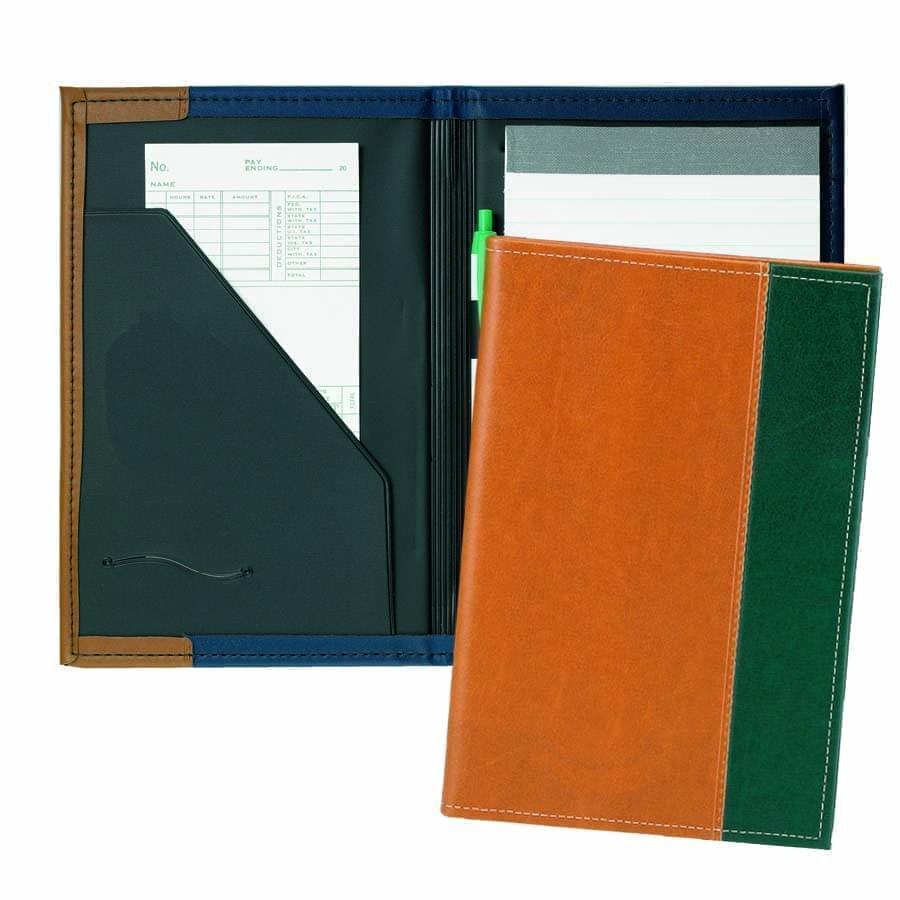 Stitched Folders
Stitched Folders
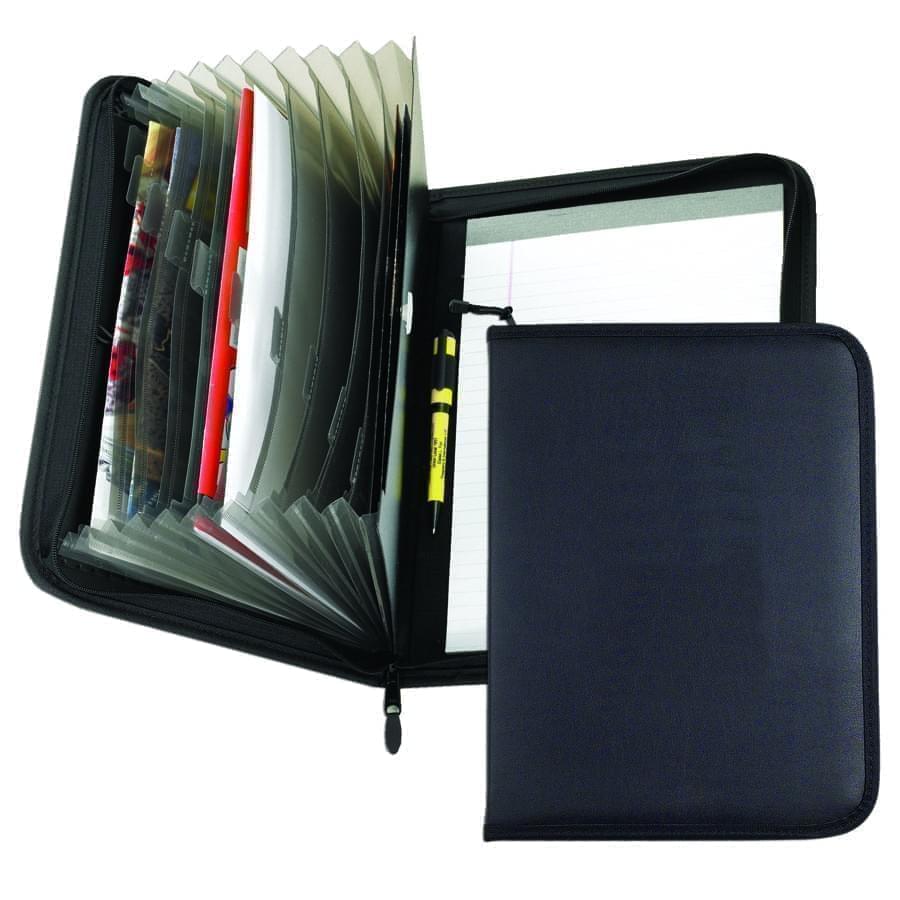 Accordion Folders
Accordion Folders
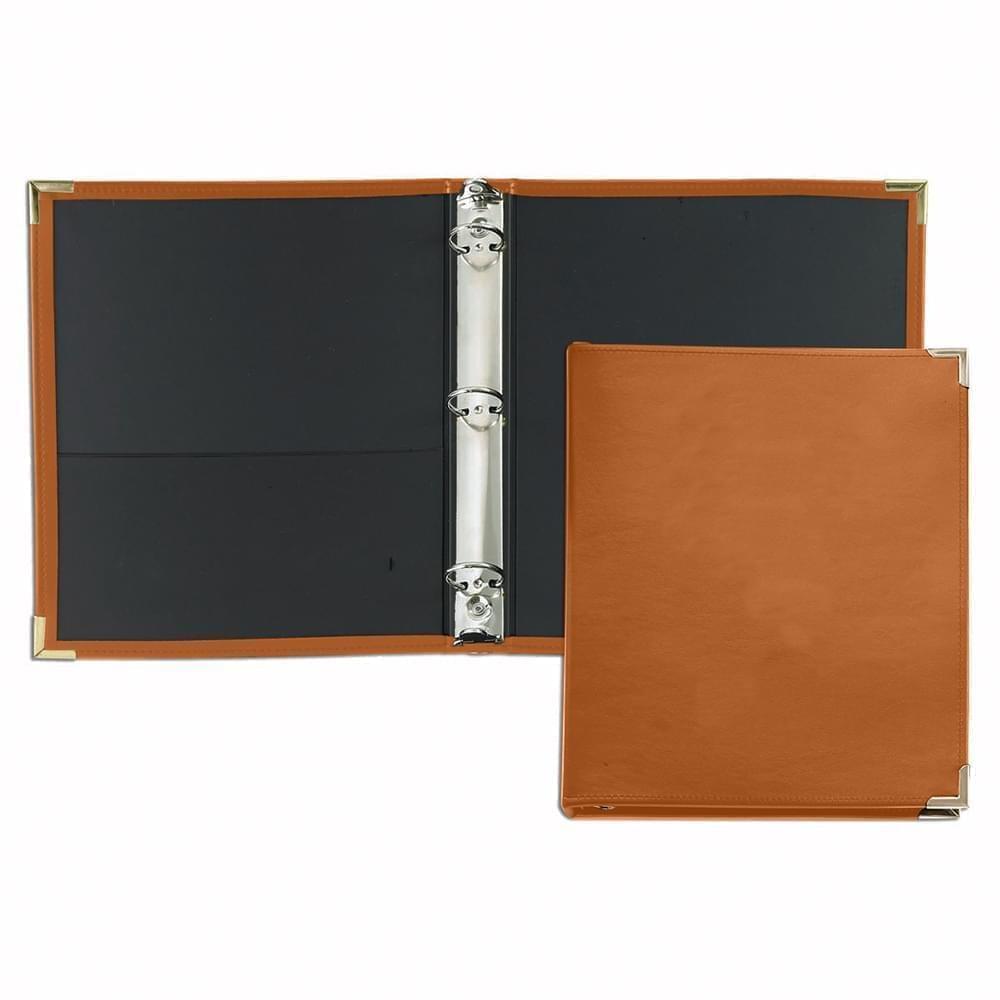 Ring Binders
Ring Binders
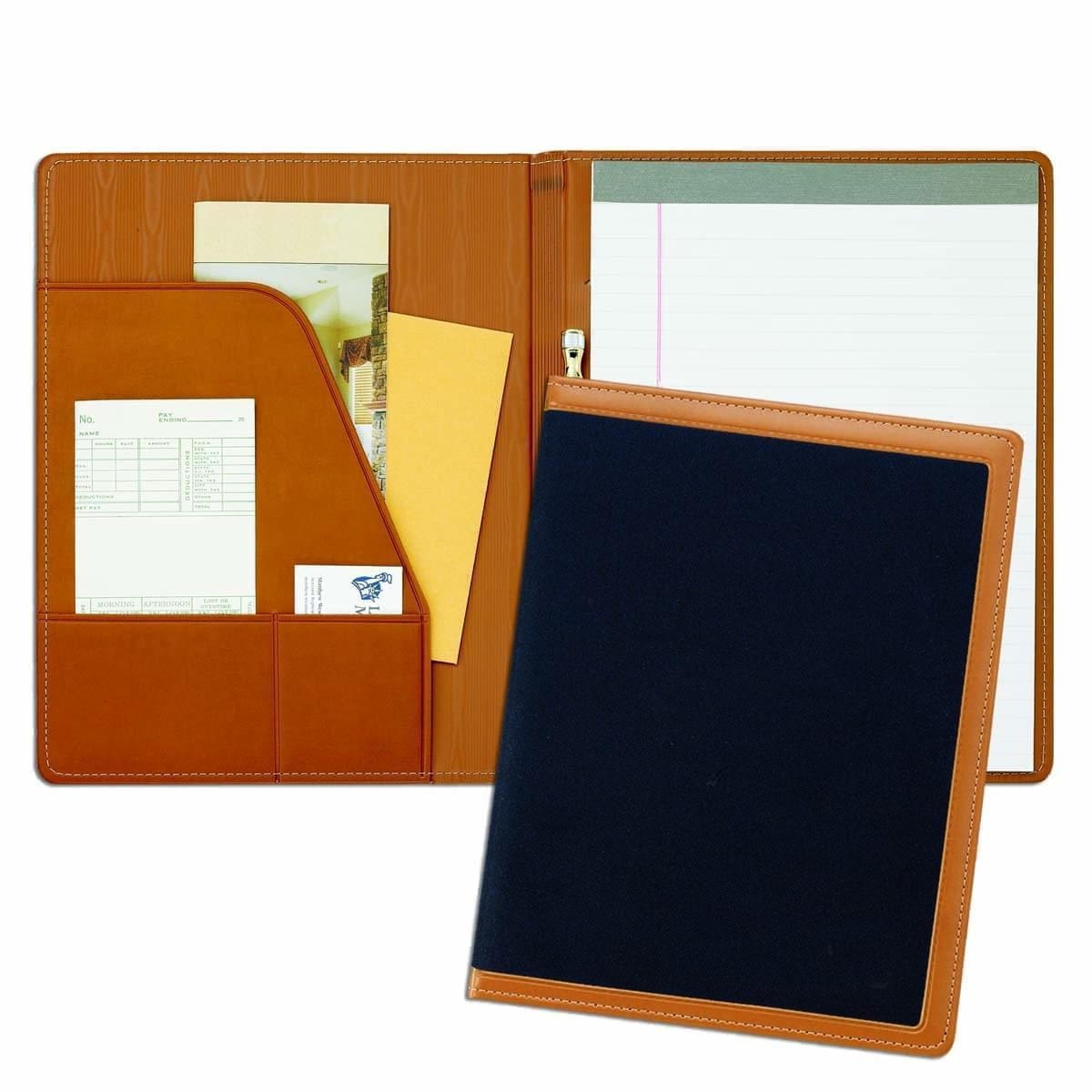 Letter Folders
Letter Folders
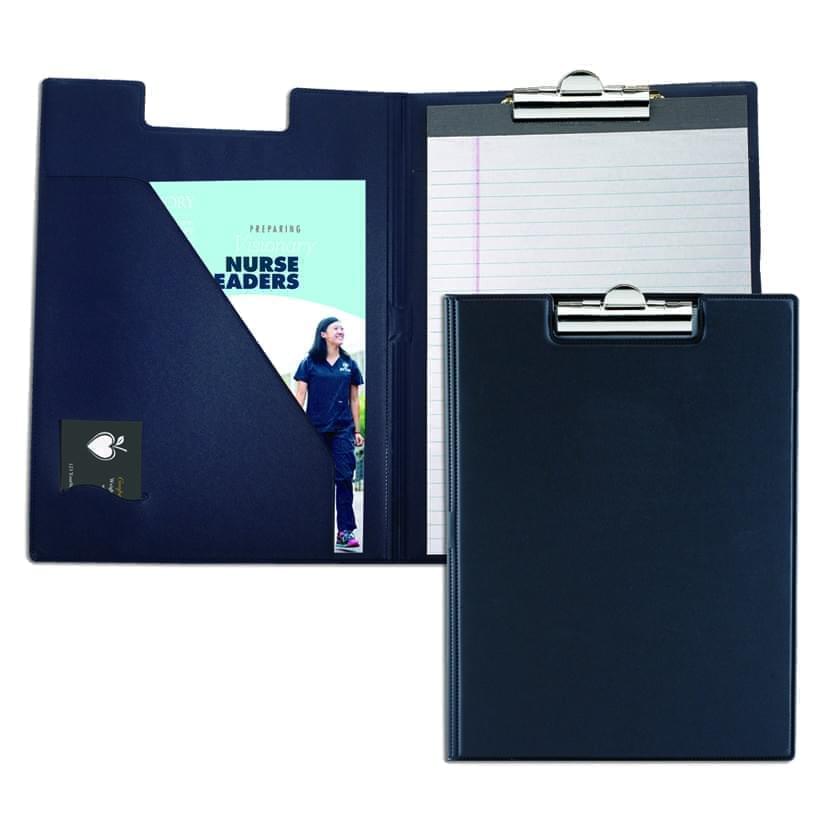 Clipboards
Clipboards

 Union Made In USA
Union Made In USA






